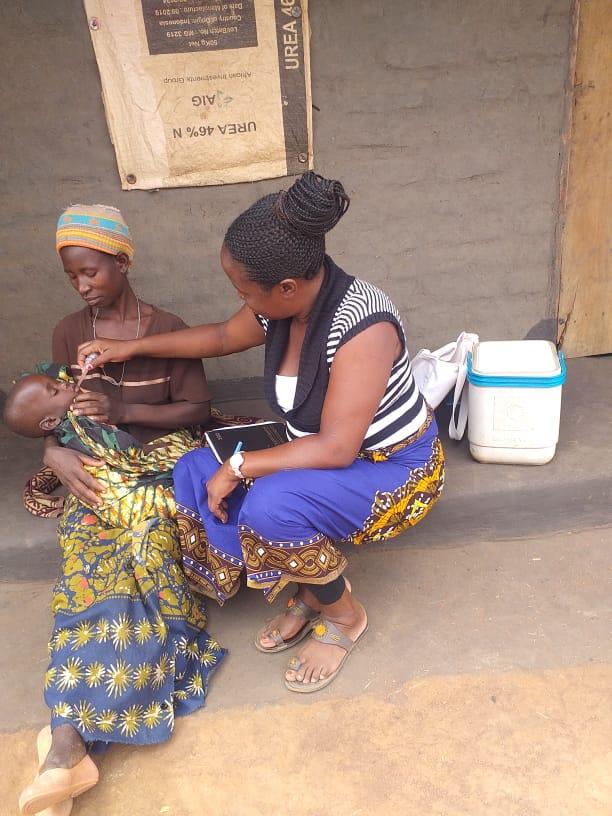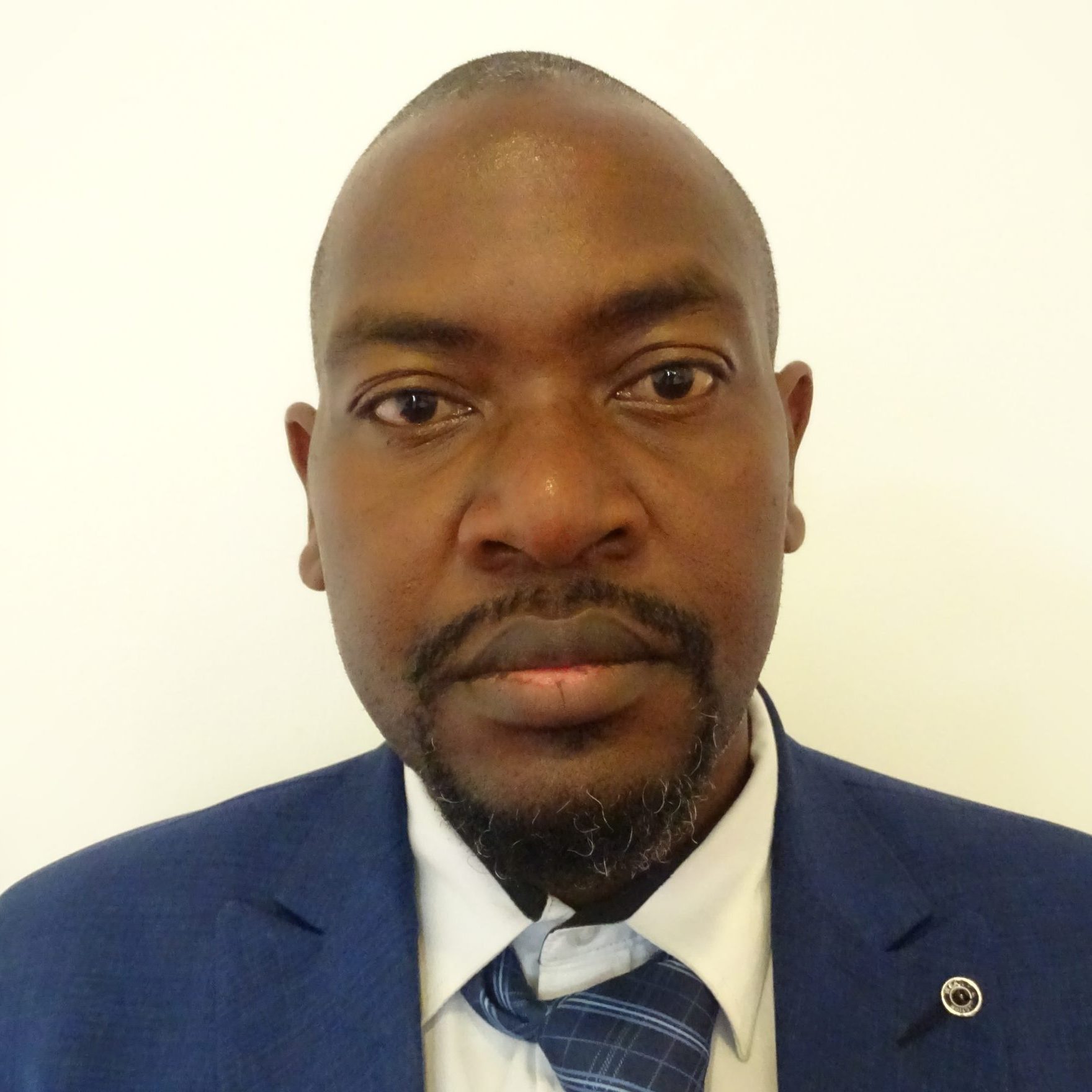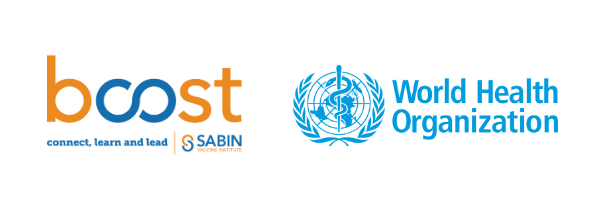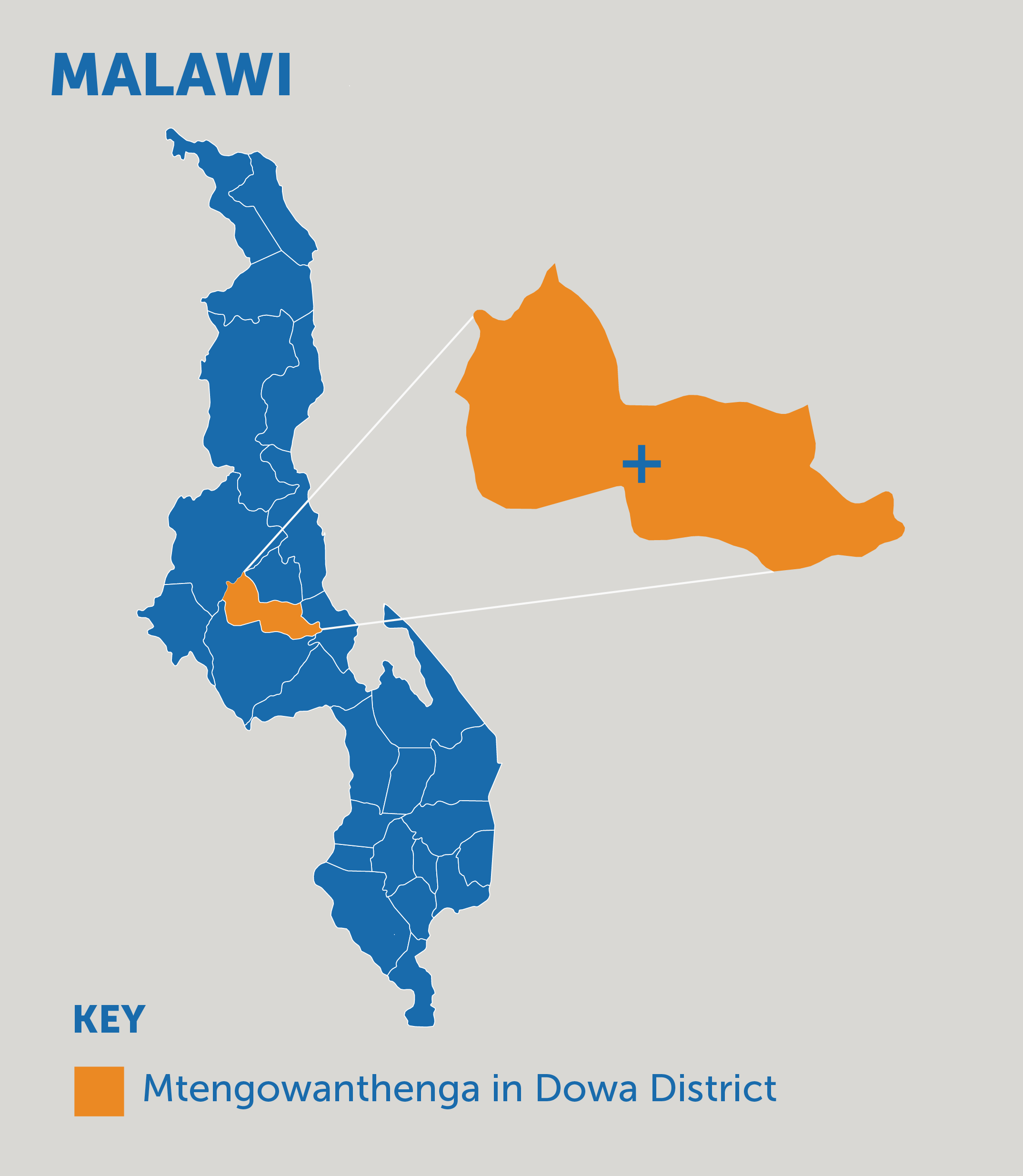Mapping in Malawi: Identifying and Vaccinating Zero-Dose Children
In May 2022, Sabin’s Boost Community and the World Health Organization (WHO) launched the first cohort of the "COVID-19 Recovery for Routine Immunization Programs Fellowship". The aim of this program was to strengthen the capacity of national and sub-national immunization professionals to plan and implement immunization programming during the COVID-19 recovery period, with the ultimate goal of reversing the declining rates of immunization coverage. After an intensive live engagement series, Fellows were tasked with drafting their own strategic proposal for implementation or case study for publication. This series of Bright Spots that shares Fellows' key learnings and takeaways from the program.
Mavuto Thomas is no stranger to the challenges of immunization work: he has been working in preventative health, including immunization, for 20 years. He serves as the head of the Health Promotion Unit with the Ministry of Health of Malawi, and he noticed that since the COVID-19 pandemic, immunization rates were dropping in the Dowa district, especially among children, and he wanted to investigate what was happening. When Mavuto was forwarded an email about the 2022 COVID-19 Recovery for Routine Immunization Programs Fellowship, he said to himself, “this can help me in my day-to-day work.” The Fellowship, offered by the Sabin Vaccine Institute’s Boost Community and the World Health Organization (WHO), provided an opportunity to strengthen the capacity of immunization professionals, like Mavuto, to recover and bolster immunization programs in their countries.
Mavuto started the fellowship with a bold goal: to reduce the number of zero-dose children under two years of age by 90% in Mtengowantenga in Dowa district in Malawi. In order to do this, Mavuto created a strategic proposal to identify zero-dose children, map the characteristics of these children and the areas in which they live, reach these children, and monitor progress towards vaccinating them.
Empowering Community Health Workers
Mavuto began implementation of his strategic proposal by hosting an inception meeting with the District Health Management team to ensure their support, followed by training the Health Centre staff on how to identify and map zero-dose children. Mavuto’s team conducted a health facility immunization data review to fully comprehend the challenges to vaccination and gaps in coverage. The team also engaged influential community leaders to help with identification of zero-dose children and community mobilization.

From there, community health workers began mapping and door-to-door mobilization, ultimately identifying 32 zero-dose children and 133 children with missed vaccinations under two years old. The mapping work, Mavuto said, “created a passion for the community health workers” to keep up with routine vaccination in order to protect children from vaccine preventable diseases. Mavuto extolled the benefits of using local health workers to vaccinate children because it strengthens their capacity, ensures sustainability of vaccination activities, and helps reduce zero-dose children in the long run. Mavuto additionally recommends that mapping receive global priority in vaccination campaigns.
During implementation, Mavuto’s team had to deal with the challenge of competing priorities: there were simultaneous vaccination campaigns for polio and COVID-19 happening in the district, which delayed the start date of the project. Furthermore, the start of the rainy season in November caused some parents to leave the area to work on farms, resulting in six children missing some supplementary immunization activities. During difficult times, Mavuto appreciated the support of his Fellowship mentor who, he said, “was checking on our implementation and how best we could overcome some of these challenges.”
A Zero-Dose Strategy for the Long-Term
Despite these setbacks, Mavuto’s project reached its goal: of the 165 zero-dose and missed children identified, 159 were reached for vaccination, representing a reduction from 9.5% to 0.3% of the proportion of children in the area. Furthermore, 100% of the households with children under two years of age were reached by the health surveillance assistants during the mapping process.
A strategy to reduce zero-dose children throughout the country is being drafted by the Malawi Expanded Programme on Immunization (EPI), and Mavuto’s team’s project findings will be presented to the team working on this strategy in order to inform strategy development.
At the local level, health facility teams have made plans to ensure continued mapping of zero-dose children in the area by doing door-to-door mobilization as well as active follow-up of missed children.
Final Results
Reduction from 9.5% to 0.3% of children identified as zero-dose in Mtengowantenga, Dowa District
100% of the households with children under two years of age were reached by health surveillance assistants during the mapping process
A strategy to reduce zero-dose children throughout the country is now being drafted by the Malawi Expanded Programme on Immunization (EPI)

2022 Fellow & Contributor
Mavuto is Acting Deputy Director of Preventive Health Services responsible for Health Education Services in the Ministry of Health in Malawi. He oversees risk communication and community engagement activities on COVID-19 and other public health emergencies in Malawi. He is currently serves as Chairperson of the Public Health Risk Communication and Community Engagement Community of Practice for Africa (PH-RCCE-CoPA) steering committee formed by Africa CDC and WHO. He holds a Master of Public Health and Bachelor of Science in Environmental Health.


